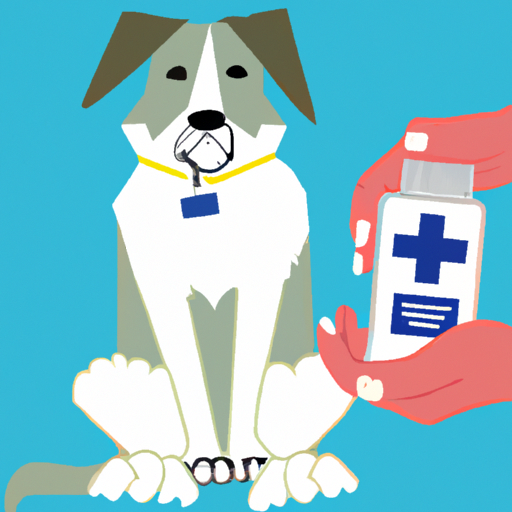As a caregiver, it’s natural to want the best for your fur babies. When they’re in pain, you feel it too. But, you should know that not all pain relievers are safe for dogs. Let’s go through some safe options, and also some not-so-safe ones, to keep your four-legged friend comfortable and happy.
1. Safe Options for Your Dog’s Pain
As much as you want to ease your dog’s pain, you must be cautious. Human medication, though tempting to give, can cause serious harm. Consult with your vet before administering any new medication. Here are some canine-safe pain relievers:
- Carprofen: Frequently used post-surgery or for arthritis.
- Meloxicam: A non-steroidal anti-inflammatory drug (NSAID) for dogs.
- Tramadol: Used for managing chronic or post-operative pain.
2. Unsafe Options to Avoid
Just as important as knowing the safe options, is being aware of the dangerous ones. A few pain relievers that are safe for humans but not for dogs are:
- Ibuprofen: It can cause stomach ulcers and kidney failure in dogs.
- Acetaminophen: It’s toxic to dogs and can damage the liver.
- Aspirin: Even in small doses, it can lead to gastric ulcers in dogs.
3. Recognizing Pain in Your Dog
Dogs are great at hiding their pain. As their caregiver, you should know the signs to look out for:
- Loss of Appetite
- Changes in Sleeping Patterns
- Agitation or Restlessness
- Increased Aggression
4. How to Prevent Pain in Your Dog
Prevention, as they say, is better than cure. Here are some ways you can help prevent pain in your dog:
- Regular Exercise: It helps to keep joints flexible and muscles strong.
- Balanced Diet: Maintains your dog’s ideal weight, reducing stress on joints.
- Regular Vet Check-ups: Early diagnosis of health issues can save your dog from chronic pain.
5. FAQ
Q: Can I give my dog human pain relievers?
A: No, many human pain relievers are toxic to dogs.
Q: How can I tell if my dog is in pain?
A: Look for behavioral changes like loss of appetite, restlessness, or increased aggression.
Q: What can I do to prevent my dog from experiencing pain?
A: Regular exercise, a balanced diet, and regular vet check-ups can help prevent pain.
So, as you navigate the world of doggy healthcare, always remember – when in doubt, ask your vet. You’re doing a great job caring for your furry friend, and they’re lucky to have you!



